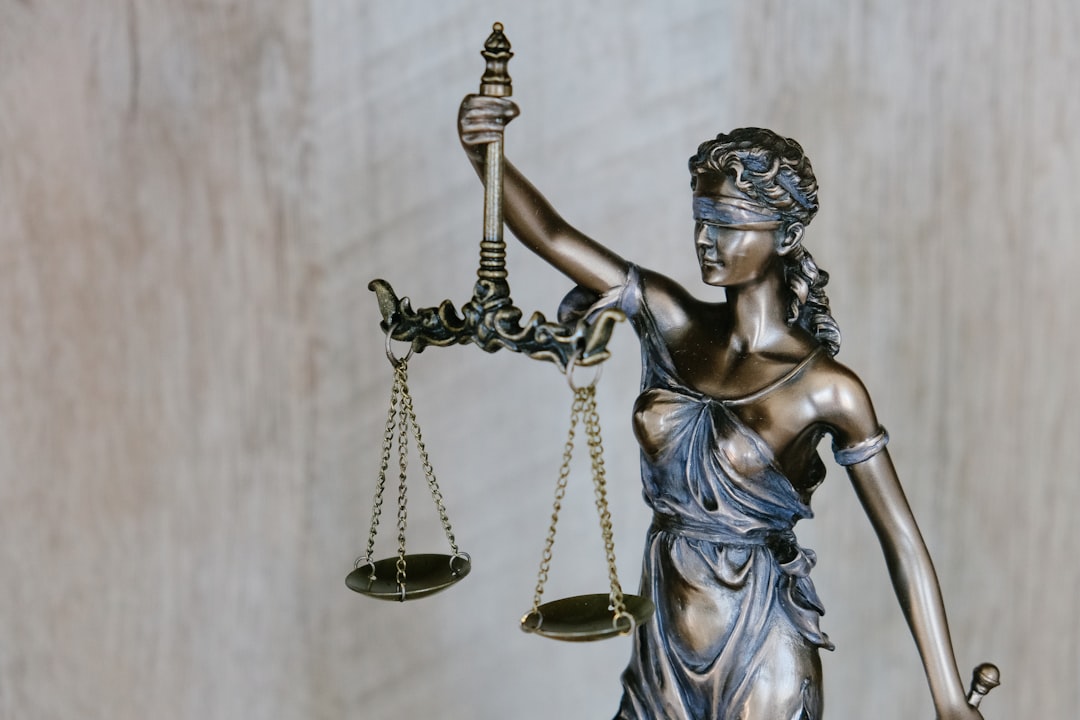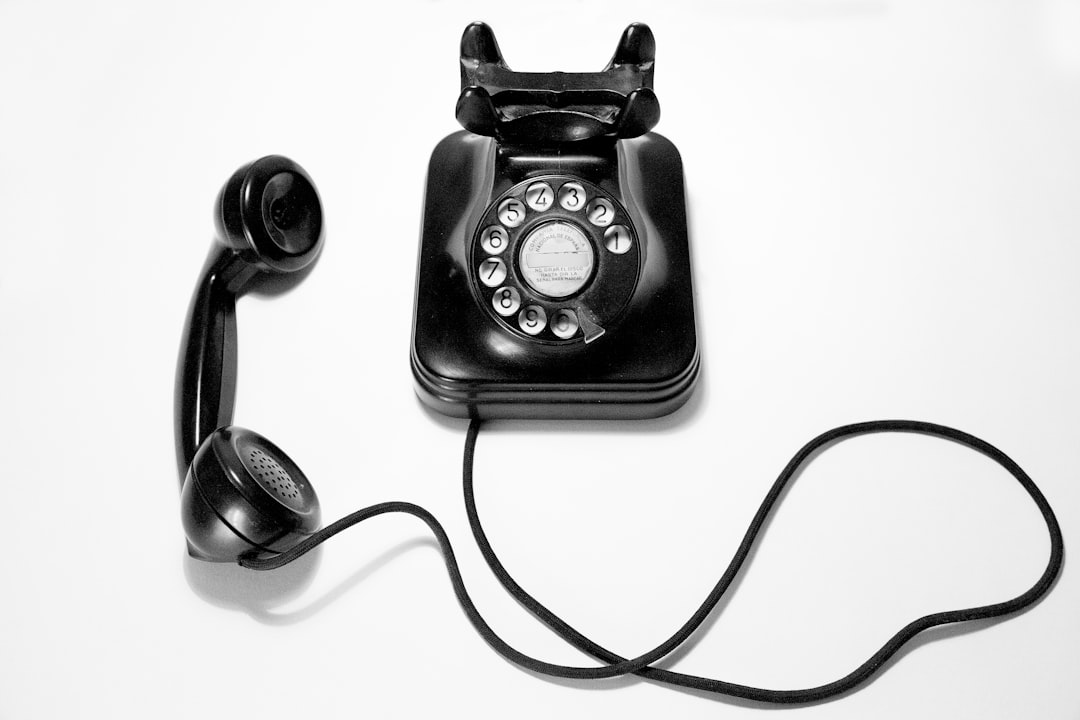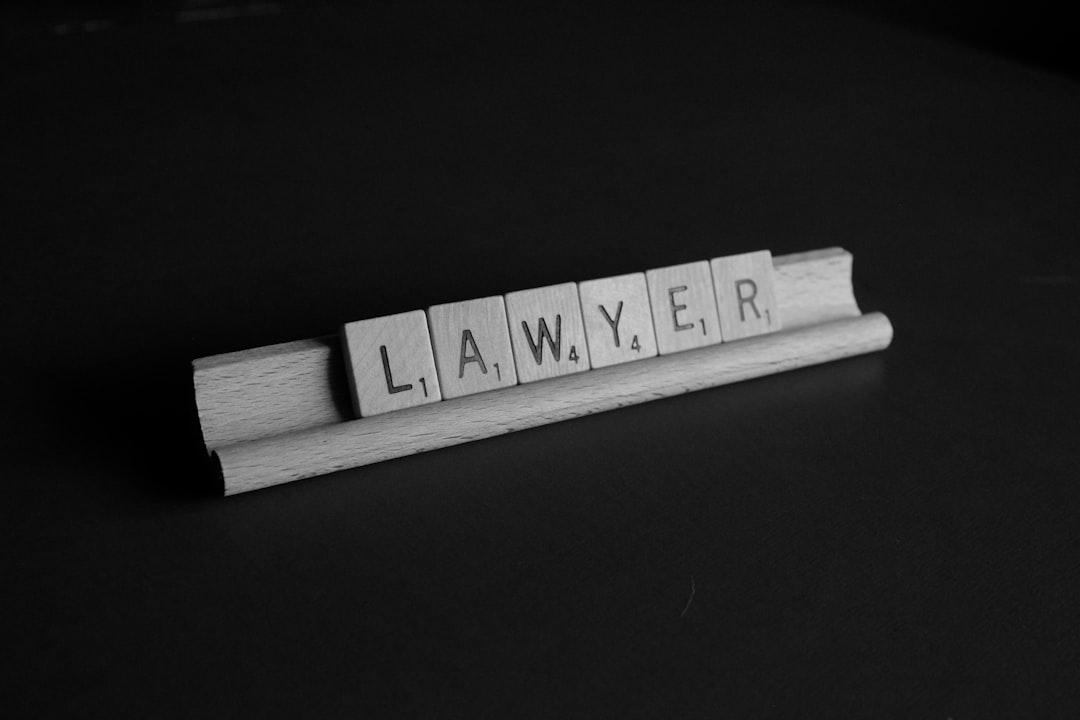Maine's Do Not Call Law, enforced by STIR/SHAKEN technology, blocks unwanted calls and protects residents from fraud. Consulting a Do Not Call Lawyer Maine ensures compliance and enhanced privacy for citizens facing persistent violations. Businesses engaging in telemarketing must comply to avoid penalties, with lawyers offering guidance on opt-out mechanisms and call record tracking.
“Unraveling the complexities of STIR/SHAKEN and its implications for Maine’s Do Not Call laws is essential for both businesses and citizens. This comprehensive guide delves into the intricacies of these regulations, offering a clear understanding of their impact on telemarketing practices. From deciphering STIR/SHAKEN’s key components to navigating Maine’s specific do-not-call protections, this article equips readers with crucial knowledge. Whether you’re a business owner or a resident aware of your rights, explore our sections on STIR/SHAKEN explained, Maine’s do-not-call law, and practical tips for seamless compliance.”
STIR/SHAKEN Explained: Key Components and Impact

STIR/SHAKEN, an acronym for Phone Number Identification, Location Information, and Call Blocking, is a game-changer in the realm of communication laws, particularly regarding Maine’s Do Not Call lists. This innovative system aims to revolutionize how phone numbers are handled, ensuring that unwanted calls are effectively blocked. By implementing STIR/SHAKEN, Maine’s Do Not Call laws gain a robust layer of protection, empowering residents to enjoy peace and quiet without intrusive marketing calls.
The key components of STIR/SHAKEN include the verification and authentication of phone numbers, enabling service providers to identify and block invalid or spoofed caller IDs. This technology has a significant impact on consumers by reducing fraudulent activities like robocalls and telemarketing scams. For Maine residents considering legal action against persistent Do Not Call violations, consulting with a local Do Not Call Lawyer Maine can provide guidance and ensure compliance with these enhanced privacy protections.
Maine's Do Not Call Law: Basics and Protections

In the state of Maine, the Do Not Call Law is a vital piece of legislation designed to protect residents from unwanted telemarketing calls and sales pitches. This law grants Maine citizens the right to opt-out of receiving phone calls from unknown or unsolicited sources, offering them peace of mind in their homes. The primary purpose is to give individuals control over their personal communication channels, ensuring that their privacy is respected.
Maine’s Do Not Call Law covers a wide range of telephone communications, including live operators, automated calls, and prerecorded messages. It allows residents to register their phone numbers on the state’s Do Not Call list, effectively blocking most commercial calls within 30 days. For those who wish to restrict calls from specific types of organizations or individuals, a more tailored approach with the assistance of a Do not call Lawyer Maine can be pursued to ensure compliance and maximize protection.
Navigating Legal Requirements: Tips for Businesses & Citizens

Navigating Maine’s Do Not Call Laws can be complex, but understanding the regulations is crucial for both businesses and citizens. For businesses, especially those engaging in telemarketing or sales calls, adhering to these laws is essential to avoid penalties and maintain customer relations. A reputable Do Not Call Lawyer in Maine can provide guidance on implementing opt-out mechanisms and tracking call records to ensure compliance. They can also assist in drafting clear consent forms and managing exceptions for specific types of calls.
Citizens looking to protect their privacy should be aware of their rights and responsibilities under the law. Understanding when a number has been registered on the Do Not Call list is key, as it triggers restrictions on promotional calls. Moreover, reporting unauthorized or harassing calls to the appropriate authorities can help maintain a peaceful and respectful communication environment in Maine.






